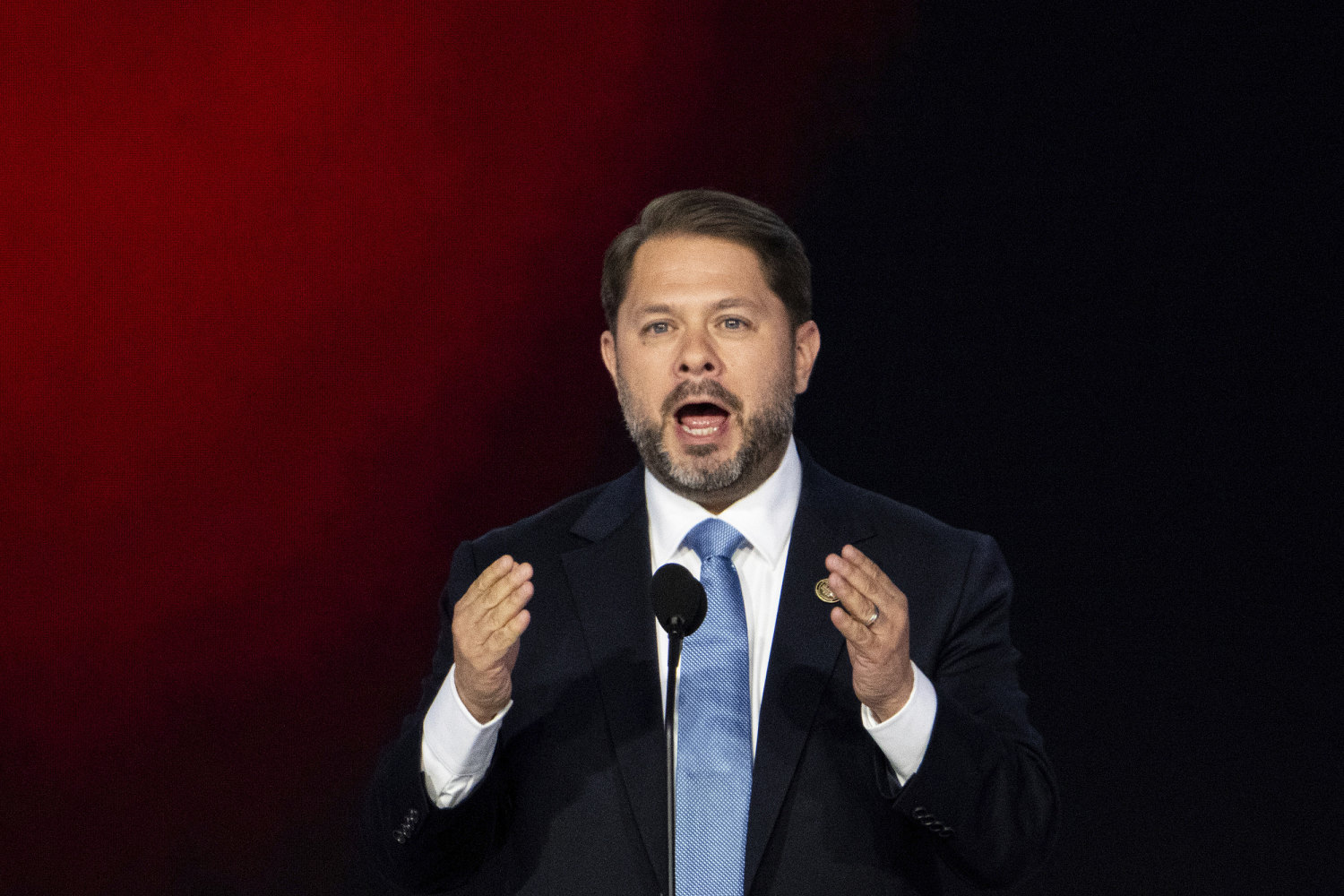
Now that the Democratic National Convention is over and the final leg of the 2024 presidential campaign season begins, it’s crystal clear that Vice President Kamala Harris is trending up with Latino voters.
Still, the question remains: Will it be enough in November?
Before providing a possible answer, it’s essential to summarize why Democrats are back in the game regarding the country’s largest ethnic voting cohort, projected to be 36.2 million eligible voters this cycle, potentially resulting in a 6.5% turnout increase from 2020.
One month after Biden decided not to seek a second term, a new Pew poll had Harris with a a 17-point lead (52% – 35%) over Trump.
When President Joe Biden was still in the race, a post-debate Pew Research Center poll of Latino voters showed him tied at 36% nationally with Donald Trump. The way things were going, Biden was on course to get the least Latino support for a Democratic candidate since Jimmy Carter’s 56% in 1980.
One month after Biden decided not to seek a second term, a new Pew poll had Harris with a 17-point lead (52% – 35%) over Trump. Although it is not the historical level of mid-60% Latino support for Democratic presidential candidates, and still below the Jimmy Carter number, it’s a dramatic swing in just one month. It also aligns with other Latino voters’ polls from August, showing Harris making up most of the ground Biden lost and bringing on what one polling firm has called a “Latino reset.”
The news during DNC week continued that trend. Additional polling from Axios says Harris has “closed a 15-point enthusiasm gap with Latino voters in the weeks since President Biden dropped his re-election bid.” Data from two Latino organizations that work to increase Latino voter awareness echo the Axios enthusiasm findings, noting that “73% of registered Latino voters are almost certain they will vote in the 2024 Presidential election” and has Harris with a 59%-35% lead over Trump. On Wednesday morning, Voto Latino, an organization that endorsed Harris in July, revealed a new battleground state polling of Latinos, with Trump dropping to 29% and Harris reaching 60%.
There is a lot at stake for Harris and Democrats. According to UnidosUS, 20% of Latinos will be voting for the first time in 2024. But that new, younger electorate is more politically independent than ever. New Latino voters don’t mean new Democratic voters. There is work to be done.
There is no guarantee that the Harris campaign will solidify more Latinos into the Democratic fold. For example, Wednesday night’s DNC tough-on-immigration talk and calls for a more balanced approach might align with where the majority of Latinos are these days, but the situation is complicated. This year, Democrats have had an uneasy stance on the issue. Even if Democrats featured several prominent Latino and Latino voices this week in Chicago, they are still sending mixed messages in the hopes of appealing to undecided Republicans and progressive Latino supporters.
So the question remains: Can Harris close the deal with Latinos and increase support?
A Thursday prime-time podium speaker on track to become his state’s first Latino senator helped to answer that question. Arizona Rep. Ruben Gallego, a proud progressive, has consistently led opponent and Trump loyalist Kari Lake in all polling this summer. His DNC speech focused on his humble beginnings and how he eventually got accepted to Harvard and served in the Marines. Other Democratic officials who also served in the Armed Forces took the stage during Gallego’s speech, marking a moment.
Importantly, Gallego never led with his Latino heritage. Rather, he presented himself to Democrats as a Senate candidate looking to expand his coalition, who happens to be Latino. The positive crowd response suggested that he has a winning formula not only for Latinos in his state but also Republicans and independents. And the key is a pivot to the middle that might rankle the Latino left, but delivers a working-class and populist message that Democrats need to keep hammering for the 12 weeks left until Election Day.
Gallego hinted at this messaging earlier this year when he spoke to me, saying the “true Latino” vote in his state is “not influenced by an East Coast-West Coast bias that comes from the pundits,” and that, while “it comes from liberals sometimes, too. It also comes from conservatives.”
Gallego’s focus on the military and veterans was politically smart. Immigration will always be a contentious issue, but don’t discount the Latino connection to the armed forces. According to a 2022 Department of Defense report, Latinos comprised 18.4% of active-duty members.
There are also economic messages Democrats tend to overlook when it comes to Latinos. For instance, little is being said about the 18 million new business applications under the Biden-Harris administration, with Latinos accounting for 40% of those numbers. Or how the Affordable Care Act has, according to the Biden-Harris administration, resulted in 15 million Latinos getting health insurance. The cost of living, the economy and health care are top issues for Latinos. There’s a reason why Trump and Republicans are trying to play up those topics with Latinos. And it is no coincidence that Gallego was on the main stage Thursday night, the same night Harris formally accepted the nomination. Arizona is a critical swing state and Gallego understands the messiness of Latinidad; he realizes that the Latino politically independent streak can benefit Democrats. No one group will propel Democrats to victory, but a coalition that expands the tent and admits that Latinos have indeed been taken for granted has a better shot.
It’s a message Harris would be wise to use for the rest of her campaign if she wishes to continue trending up with an electorate that is such a vital part of the American vote.

Leave a Reply